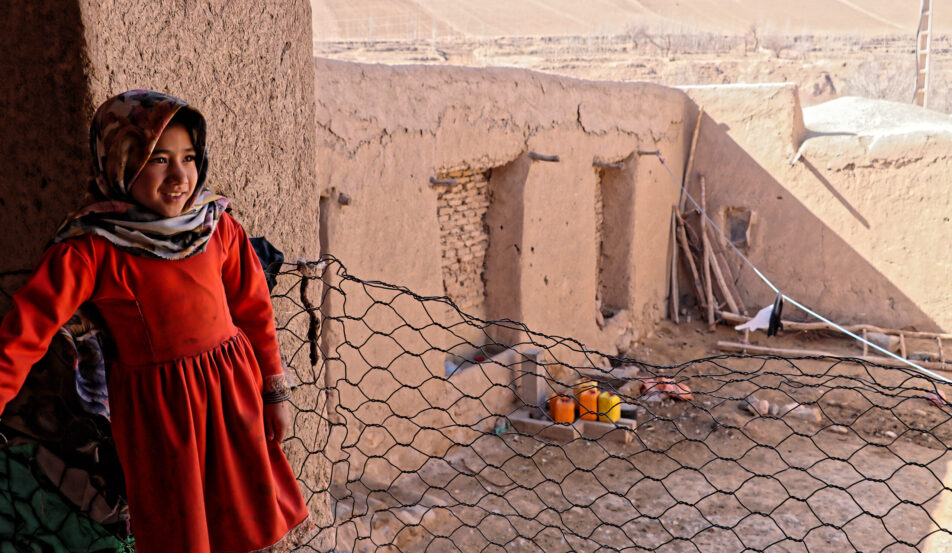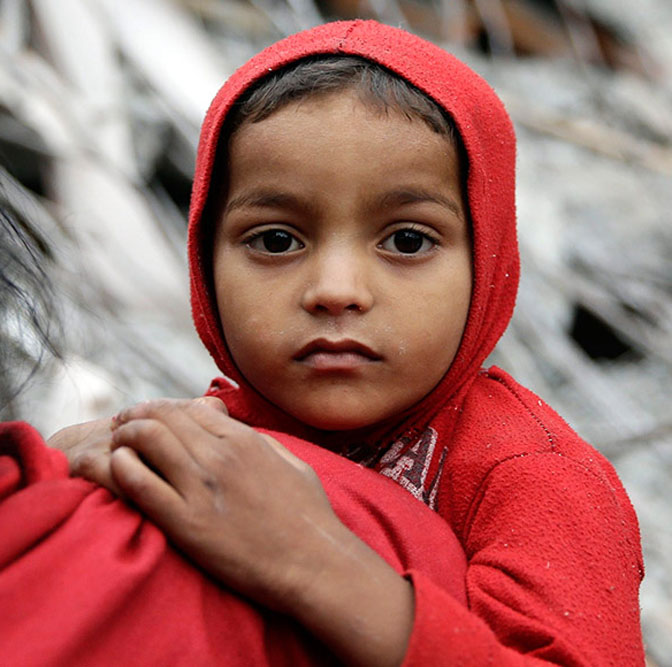How cash transfers are used in foreign aid
When you think of Australia providing foreign aid, you probably think of giving food and crop-growing supplies or providing access to water. Indeed, this vital work is imperative and continuing. In time sensitive situations such as the Afghanistan Food Crisis however, a transfer of cash can be a more effective way to deliver foreign aid to people in need.
So what are cash transfers and why are they so effective in a crisis, such as the current one in Afghanistan? When is a cash transfer a good idea, and when is something else more appropriate? Let’s take a look at this trusted means of foreign aid.
What is a cash transfer?
A cash transfer is a direct payment that can be sent to people during an emergency. Cash transfers are generally provided in local currency, which can be spent in local businesses, thus also supporting local economies during a crisis.
In situations such as the Afghanistan Food Crisis, this form of foreign aid exists as an alternative to distributing goods like food, blankets, hygiene packs and temporary shelter kits.
In other cases, cash transfers complement the distribution of such items. Aid organisations might distribute food and use cash transfers to let families buy pots and plates to cook with, for example. Or, if people already have sufficient food, giving cash transfers can mean they now have access to electricity or fuel to cook with.
In short, cash transfers allow people to buy what they most need now and make the choices that will best support their families in times of crisis, affording them more dignity and power over what they need.
Why use a cash transfer?
Cash transfers are a highly effective method to provide individuals and families with emergency support during conflict or crisis. Transferring cash can be utilised by people in need much more efficiently than locating, transporting, and distributing goods. Cash is also a more flexible and dignified form of foreign aid for people facing a crisis, such as in Afghanistan.
Cash is preferably given electronically where infrastructure allows, but physical cash is also given where necessary. An individual or family can spend a cash transfer on their specific needs. They can choose where they want to shop and what they need or want to spend the cash on. A family that has only a basic food supply for example, would then have the means to purchase additional groceries.
Cash transfers enable a family to support their local economy and means that they can have a diverse range of foods to eat. A transfer of cash also allows a family to pay for other essentials, such as clean water and health care. With cash transfers, individuals and families are empowered to make the purchasing decisions that best support their needs in a crisis.
When are cash transfers effective?
Although an effective means of foreign aid in the context of the Afghanistan Food Crisis, cash transfers are not always the preferred option. For example, if a region is in lockdown, recipients may be unable to spend a cash transfer at local businesses.
Or when ChildFund wants to help families in rural areas, distributing food, shelter kits, and other goods is more effective than providing cash alone. Likewise, a cash transfer is less effective when something else, such as immediate shelter, is needed more urgently.
How are cash transfers helping during COVID-19?
The COVID-19 pandemic has hit the world’s poorest countries particularly harshly. It has impacted people’s health and education, and entire economies. Fresh food, clean water, sources of income and even leisure activities have all been impacted.
However, as the world cautiously opens up again, Australian foreign aid can make a difference to those countries most in need. With cash transfers, families in Afghanistan can be empowered to decide and buy the food and other essentials that they need. Transferring cash to families provides them with the flexibility to purchase basic necessities, and can prevent children having to leave school to work.
You can help to provide children and their families in Afghanistan with emergency food and assistance. You can donate once or monthly now, through ChildFund’s Afghanistan Food Crisis Appeal page.

































